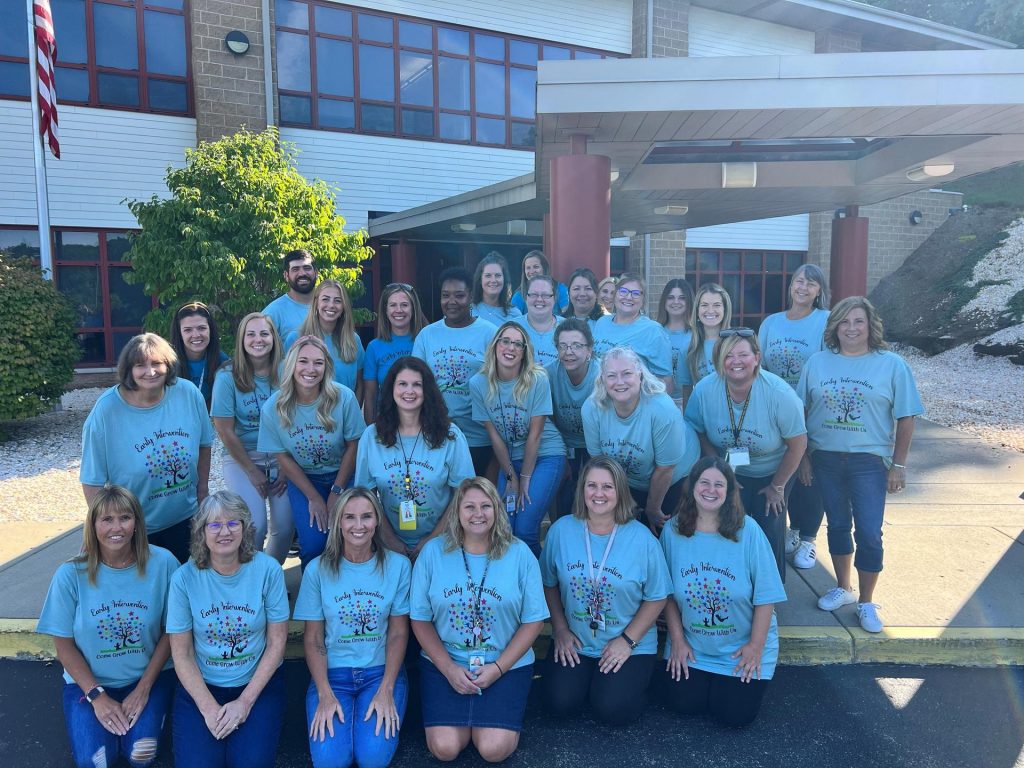
The purpose of the BVIU Early Intervention program is to identify eligible young children, ages three through five, who have developmental delays and/or disabilities. The program provides free, in-depth evaluations to identify a child’s individual strengths and needs. Free and appropriate early intervention services are provided in the least restrictive environment for eligible young children. The primary goal of the Early Intervention program is to provide routines-based interventions which will assist the child in developing skills for success as they transition to a Kindergarten setting. These services are free to families.
Early Intervention services are designed to meet the developmental needs of children with a disability as well as the needs of the family related to enhancing the child’s development in one or more of the following areas:
Physical development, including vision and hearing
Cognitive development
Communication development
Social or emotional development
Adaptive development
The services provided to children and their families differ based upon the individual needs and strengths of each child and the child’s family. Services vary and can include parent education, instruction, speech therapy, occupational therapy, physical therapy, hearing/audiological support, vision support, and other family-centered services that assist in child development. Children may receive services at home or at a variety of classroom settings.
Early Intervention supports and services are embedded in typical routines and activities, within the family, community and/or early care and education settings. This approach provides frequent, meaningful practice and skill building opportunities.
